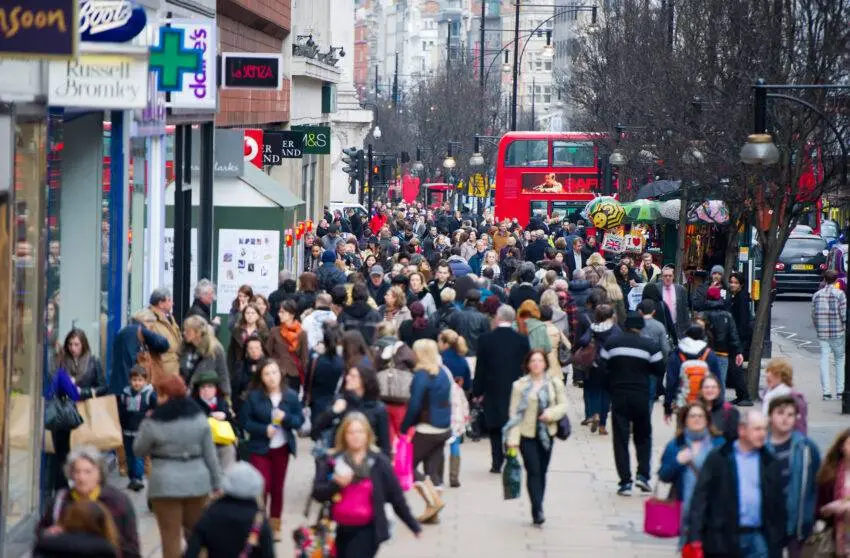London has experienced a significant decline in productivity, according to the Office for National Statistics (ONS).
From 2019 to 2022, the capital saw its productivity per hour worked drop to its lowest level since 2009.
Impact of Remote Working
The decrease in productivity is largely attributed to the increase in remote working during and post-pandemic. Many Londoners moved to working from home, reducing face-to-face interactions and coordination within the office. This led to decreased motivation and efficiency among workers.
One economist noted, “Working zero days from the office isn’t working out. There’s not the same coordination, not the same interactions, and people don’t feel as motivated.”
Comparative Regional Performance
While London struggled, other regions, like the North West, saw growth. The North West’s productivity rose by 7.9% from 2019 to 2022. In contrast, only Wales, besides London, experienced a decline, showcasing the varied impact of remote work across the UK.
London’s high concentration of office workers made it more vulnerable compared to regions with fewer remote workers. In late 2022 and early 2023, nearly 60% of the capital’s workforce was either fully remote or engaged in hybrid work.
Shift in Work Patterns
Over time, there’s been a notable shift in work patterns. Initially, 44% of businesses in London planned to increase home working levels. However, recent surveys show this number has dropped to 29%, indicating a move back to office-based work.
Economist Christian Pabst commented that returning to office work could boost London’s productivity in the coming years, as people recognise the negative side-effects of remote working.
Pabst added, “Most people have readjusted and are now doing three to four days from the office.”
Challenges in Housing and Transport
Despite the shift towards office-based work, Londoners face other challenges hindering productivity. The lack of affordable housing leads to lengthy and costly commutes. This time-consuming travel saps energy and resources, impacting overall productivity.
Many areas in London still lack adequate transport connectivity. While public transport is available, some areas are not well-served by trains, tubes, or buses, and driving around the city remains difficult. Pabst highlighted, “The lack of housing in needed areas hasn’t helped. People have to commute longer, costing money and time.”
Future Outlook
As London continues to recover post-pandemic, addressing housing and transport issues will be crucial for improving productivity. With more workers returning to the office, there’s optimism about future productivity growth.
The ONS suggests that tackling these key challenges will be vital for sustaining economic growth in the capital. Balancing remote work benefits with the necessity of office presence could be the key to rebounding productivity.
It’s anticipated that London will see higher productivity growth rates in the upcoming years compared to other parts of the UK.
London’s productivity decline has been a wake-up call for many businesses and workers.
Addressing challenges in housing and transport, combined with a balanced approach to remote and office work, will be essential for future growth.

